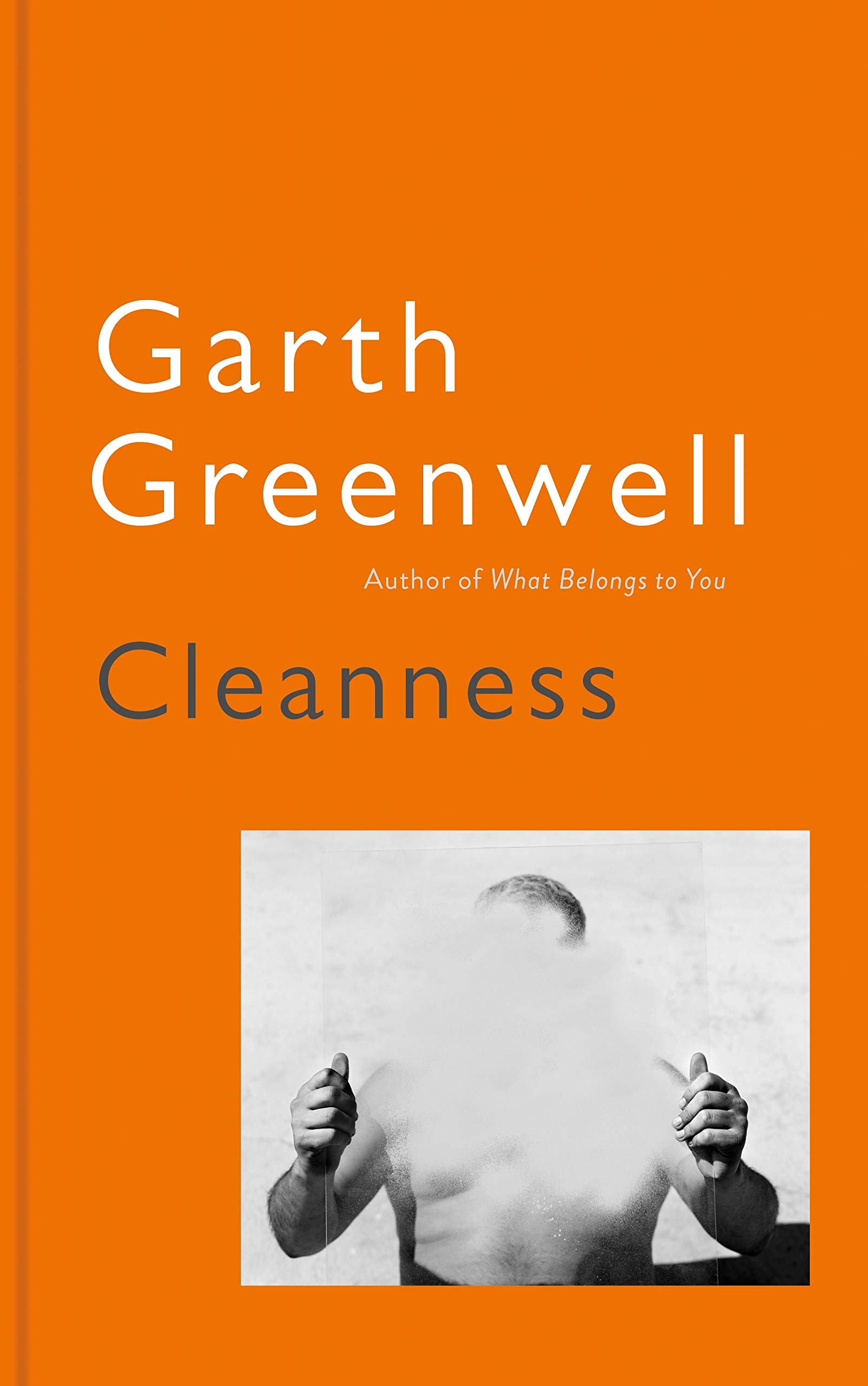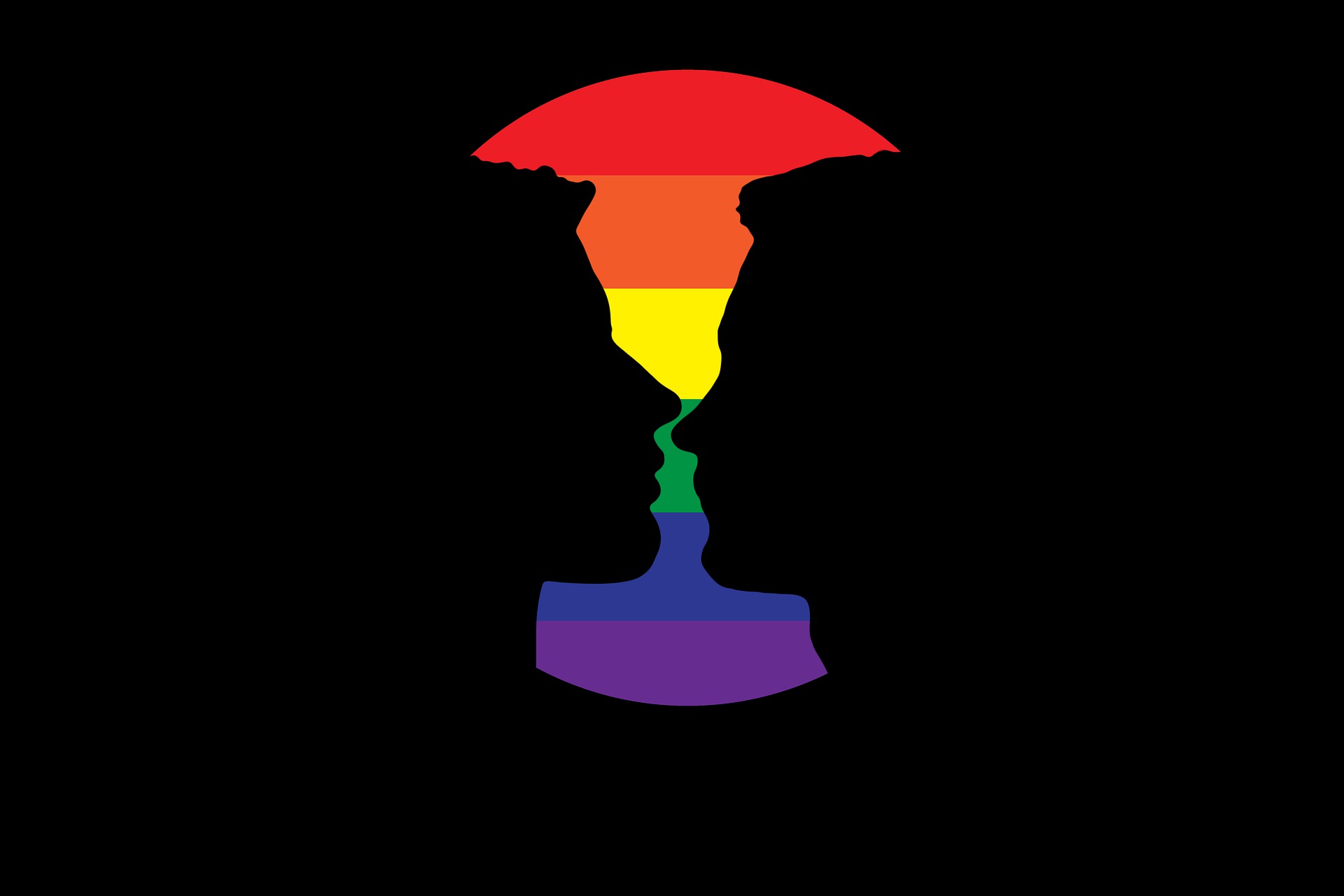“You can call out for anything you desire, however aberrant or unlikely, and nearly always there comes an answer, it’s a large world, we’re never as solitary as we think, as unique or unprecedented, what we feel has always already been felt, again and again, without beginning or end.”
― Garth Greenwell, Cleanness
Garth Greenwell’s novel Cleanness is a story of an American man who has been living in Bulgaria and teaching literature at a school for more than two years. We find the American teacher speaking to us when he is about to leave for the US. Looking back, the narrator takes us through his life abroad. From a queer student’s confession that reminds him of his own first love, to a fling going wrong with violence and finally a romance with another foreigner. The narrator finds himself in the middle of a politically charged city of Sofia with his personal wounds; some old, some new – opening and healing.
Characters in search of memory, on the look out for answers – that’s the fundamental essence of the novels written by famous Czech novelist Milan Kundera. He drops his European, heterosexual characters in the middle of turmoil that is ravaging lives in the backdrop of the larger political situation of their country. What follows is an exploration of desires, the politics of it all and a search for answers. A contemporary retelling of such stories can be found in Greenwell’s work.
When I read Kundera’s novels, I wondered what they would be like if there were queer characters as the protagonists instead. Greenwell’s novel is an answer to that thought. In Cleanness, I found Kundera come alive among queer men. The location of a non-western European city, the political presence of protests, meditation on art, music and desire; each seem to be defining points of both Kundera and Greenwell’s works. Having said that, in no way do I wish to dispossess the author of the originality of his craft or the imagination of being gay. There is something refreshing and new about Greenwell’s writing.
Also read: E A S Y: Celebrating the Mushy Side of Queer Love
The protagonist feels like an outsider, “a kind of a dilettante of the city”, even after knowing the language and having lived there for two years. His exclusion from feeling at home is not only a sentiment of ethnic alienation but also the alienation he feels because of the existing homophobia in Bulgaria. Unlike America, the narrator has a hard time repressing his desire in the locked city of Southern Europe marred by protests against the existing government that is against the ethos of a socialist society that Bulgaria boasted of after the War.

‘Cleanness’
Garth Greenwell
Pan Macmillan (2020)
The novel, however, doesn’t only focus on that and that’s where I feel Greenwell drifts gloriously in writing a queer fiction. He makes his narrator run wild with lust. Our narrator isn’t dealing with problems of being gay as is common in most queer fiction. The narrator is aware of his sexuality. What is distinct about Greenwell’s character was his inability to locate power and division of roles when it came to imagining desire. Gay men deal with such confusions every so often because being a man is equivalent to being the source of power as commonsensical knowledge in a patriarchal society purports. What Greenwell does is questions and imagines how two men divide such notions of power and what one man goes through with such question swimming in his mind.
Through unnamed, alphabetical characters, the author pushes the narrator beyond his limits, defying structural relations of power and making him vulnerable. The power dynamics explored in the novel reminded me of the HBO-series I May Destroy You. The thin line between consent and violence, desire and destruction are negotiations gay men battle with in their everyday lives. One of the important characters of the novel who goes by the name of ‘R.’ narrates a childhood experience of violence and questions if that was the reason for his queerness. Such a thought is not uncommon among queer men who have been subject to sexual violence at an early age. Greenwell undoes such an understanding of queer sexuality and gives it a universe that’s happy, filled with love, sex, its glory and also the sadness and tragedy that accompanies it.
It is in this we find the abstract title reflect in the story. Queerness, most often, associated with filth and dirt, but somewhere within it there is cleanness, a moment to unearth the beauty of love, its set of complications and the reality that it may not always be so.
The author writes with a calmness and an agility that gives a steady pace to the radical nature of the story. The style grows on you as you move from one scene to the other. From unabashed sexual scenes to orderly handling of loss and grief – there is a subtle animality to it. It breaks the usual trope of gay novels and hits right at the core of desire among men, the negotiations that govern their relationships, the politics that surcharge bedroom dynamics and the accompanying alienation queer men undergo.
‘We will never remember anything by sitting in one place waiting for the memories to come back to of their own accord! Memories are scattered all over the world. We must travel if we want to find them and flush them from their hiding places!’
― Milan Kundera.
Rahul Singh is a post-graduate student in Sociology. He loves reading literary fiction and runs an Instagram handle where he writes short reviews of the books he reads.
Featured image credit: Gerd Altmann/Pixabay

